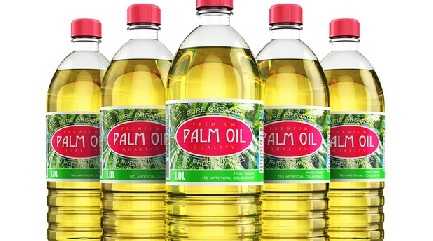
KUALA LUMPUR, Feb 8 (NNN-Bernama) — Malaysian palm oil growers are benefitting from Indonesia’s new export ruling that came into effect on Jan 27, Maybank Investment Bank (Maybank IB) said.
The investment bank said Malaysian crude palm oil (CPO) price gap between Indonesia and Malaysia widened further by US$58.75 (RM246) per tonne to US$329.14 (RM1,378) per tonne on Feb 3 from US$270.39 (RM1,132) per tonne on Jan 27. (US$1 = RM4.18)
“Since the announcement of Indonesia’s new policy, one-month FCPO on Bursa Malaysia Derivatives rose 1.8 per cent week-on-week to RM5,714 per tonne on Feb 3, but off its record high price of RM5,803 per tonne on Jan 28 on concern over lesser availability of palm oil in the export market,” Maybank IB said in a research note on Monday.
On Jan 27, Indonesian Trade Minister Muhammad Lutfi said exporters must set aside 20 per cent of their shipments for domestic market obligation to ensure sufficiency of cooking oil in the domestic market at affordable prices.
While CPO price trended higher in Malaysia, Maybank IB said Indonesia CPO price fell 2.8 per cent week-on-week to IDR14,930 per kg on Feb 3, implying that the Indonesia growers were sharing the burden of subsidising the domestic cooking oils prices.
Meanwhile, CGS-CIMB Research said the other factors that are pushing CPO prices higher in February were the unresolved acute labour shortage issue in Malaysia and concerns over South America drought which is likely to reduce Brazil’s soybean output.
However, the high CPO prices will likely cause demand destruction in the food and fuel markets, with Thailand temporarily cut its biodiesel mandate to 5.0 per cent from 7.0 per cent from Feb 5 to March 31, it added.
“The recent rally in CPO price will benefit upstream palm oil players with estates in Malaysia and appears neutral for upstream palm oil players with estates in Indonesia currently.
“There is upside to our projected average CPO price of RM3,600 per tonne in 2022 as we had expected a faster resolution to the labour issue and had not projected Indonesia’s move to regulate domestic cooking oil through export rules,” the brokerage said.
CGS-CIMB Research reiterates its neutral call for Malaysian planters as concerns over environmental, social and governance (ESG) are partly offset by strong earnings and undemanding valuations of the sector versus historical averages. Singapore and Indonesian planters offer cheaper valuations.




